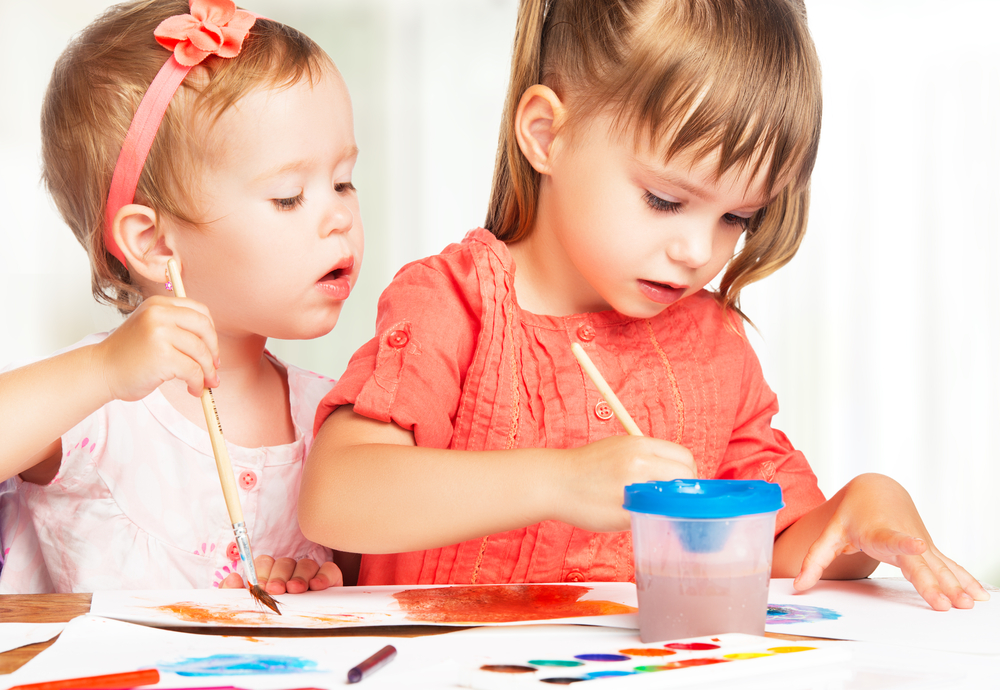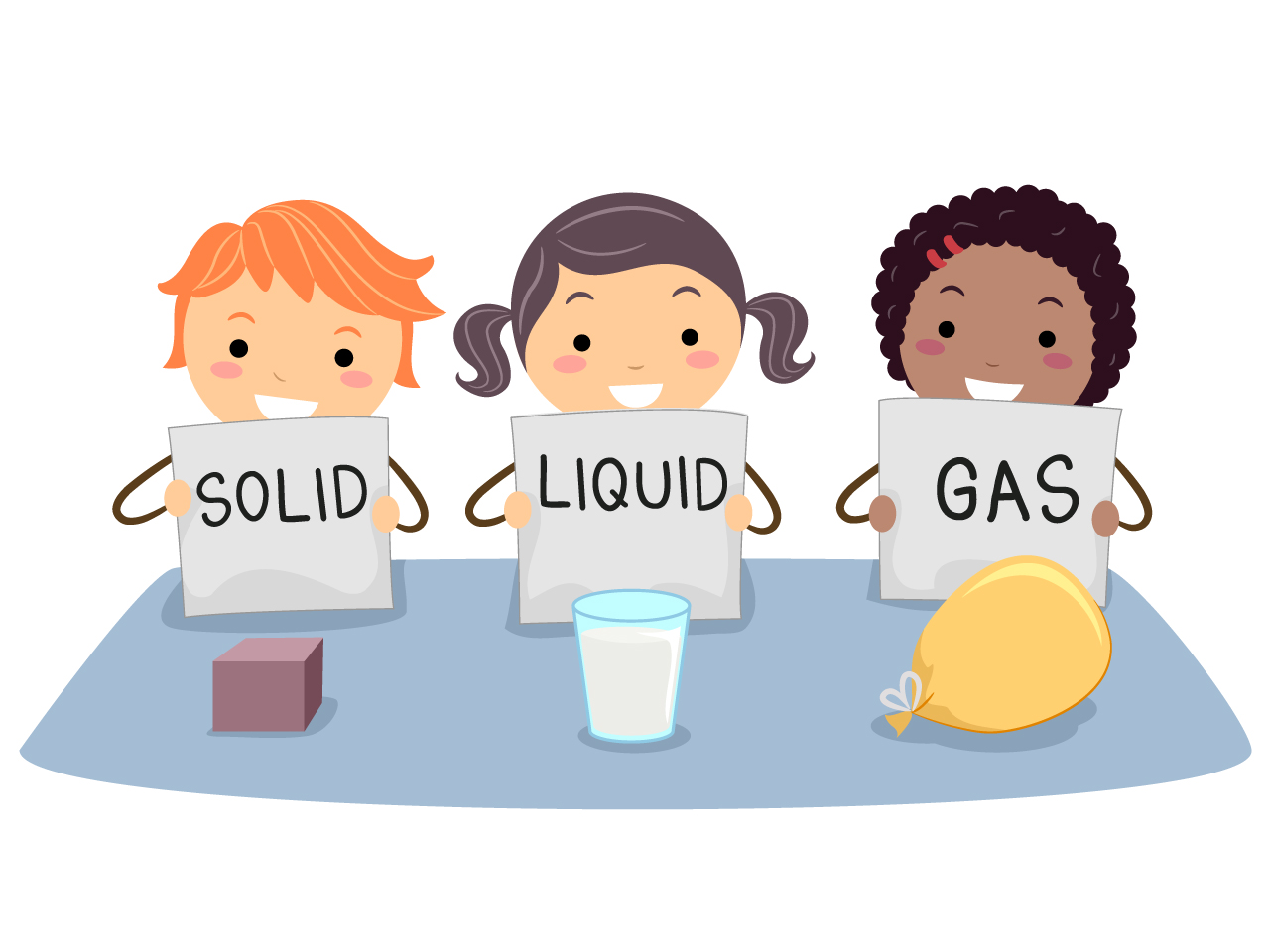A Parent’s Role in Early Literacy Education
Nov. 16, 2018
Think back to your own schooling for a moment - when did you learn to read? Chances are, just like kids in school today, you likely learned to read somewhere between kindergarten and the 1st grade. Over the years not much has changed, but educational researchers are finding overwhelming evidence that early literacy development begins long before a child enters the classroom. In fact, parents are the first and most important teacher in any child’s life. Your child will need to know the alphabet in order to start learning reading, printable alphabet worksheets will help him learn alphafite.

Parent Involvement: Early Literacy Begins at Home
Though kids learn to read starting in kindergarten, they develop early literacy skills in the first five years of their lives, even before they first step foot in the classroom. During these important formative years, kids develop critical vocabulary and decoding skills. Activities such as singing songs, storytelling, and reading nursery rhymes or children’s books grows a child’s vocabulary, preparing kids for successful reading comprehension when they do eventually learn to read.
Further, numerous educational studies have shown that kids who grow up in a literacy-rich environment excel in school versus students who come from home without much exposure to books. Clearly, parent involvement in early literacy is crucial for a child’s success in school and consequently, life.
Bedtime Reading is Important… But it’s Not Enough
Reading bedtime stories to your child is great; it promotes early literacy and fosters a love for reading, all while providing an important parent/child bonding time that increases your child’s social and cognitive development. But simply reading a book alone isn’t enough to develop crucial early literacy skills like those mentioned above.
Instead, parents need to be the premier literacy guide for their children; this means that parents need to become a reading role model, leading kids to develop early reading skills by using strategies before, during, and after reading. Parents can also provide meaningful literacy-rich activities that help kids build vocabulary. This isn’t to say that parents should give up the nightly bedtime book. Definitely don’t give up on your bedtime routine! But adding some techniques to your parent/teacher toolkit can go a long way toward promoting your child’s early literacy development. Reading worksheets can help your child develop reading skills.
Daily Activities that Facilitate Kids' Literacy
As a parent, you might be wondering what you can do to provide a literacy-rich environment for your child. Here are some strategies that will strengthen your daily reading routine, poising your child for literacy success:
Pretend Play Goes a Long Way
Believe it or not, pretend play can prove to be an important opportunity for little learners to acquire new vocabulary if it is presented in a language-rich environment. And kids who have large vocabularies tend to become better readers.
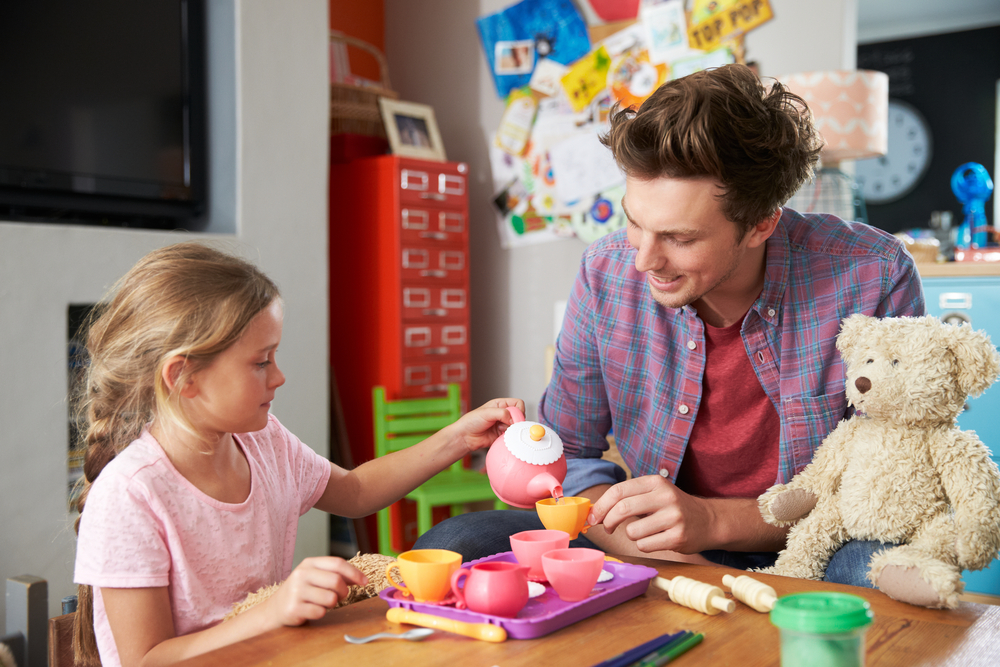
Create pretend scenarios for your child and incorporate new vocabulary into the reading game. For instance, if your child is pretending to be a doctor or a veterinarian, be sure to mix in language common to the profession. For instance, introduce the words like stethoscope, or similar tools that doctors use. No matter what pretend scenario your child will come up with, make it language-rich by introducing new words that your child can add to his or her mental library.
Making Predictions Before and During Reading
For older preschoolers, be sure to select titles that have an easy-to-follow plot with obvious characters. Before reading, ask your child to examine the book cover and to find hints using the colors, letters, and pictures. Ask your child to make a prediction of what the book might be about based upon the clues on the cover. Discuss this with your child, and begin reading to find out if your child was correct!
Likewise, stop midway through the book and ask your child to review the story events. Evaluate the predictions that were made at the beginning, and given the new information read in the book, ask your child for more predictions before the turning point of the story. At the end of the book, discuss whether those predictions were right. By doing this, your child will aid in reading comprehension, and your child will learn to look for clues as he or she reads.
Pointing out Each Word on the Page
Make sure to clear some time and prepare your patience because slowing down and pointing out each word helps build early literacy skills. Early literacy development takes place in stages. It makes perfect sense because kids aren’t born knowing that the letters on the page represent spoken words. All children must make this early connection in order to begin learning to recognize sight words or decode vocabulary later on.
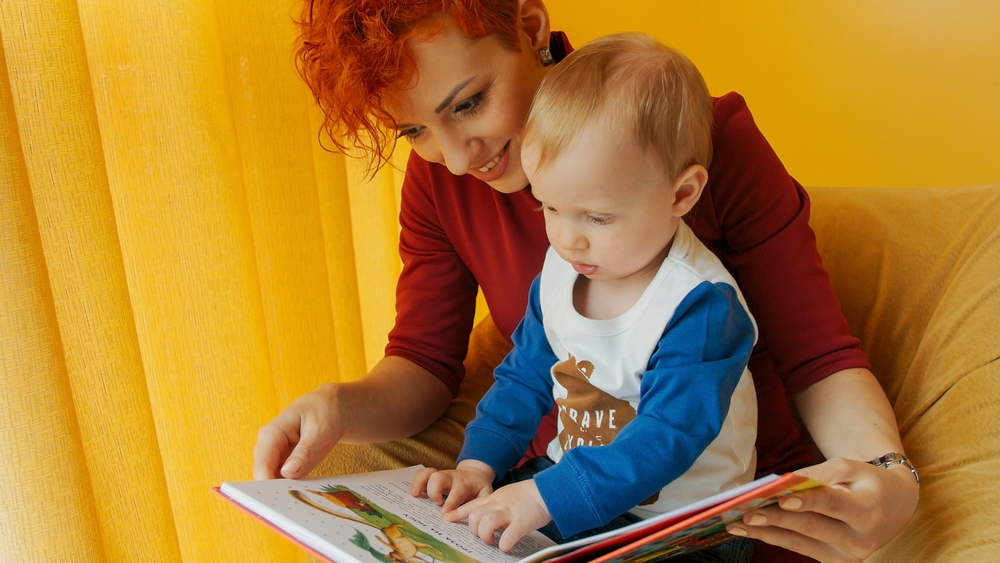
So next time you’re reading to your child, take the time to point out each word as you read it. Point to the pictures that are related to the story, and help your child build a connection between the words, pictures, and storyline. Eventually, your child will become motivated to learn just what those words say for themselves!
Don’t be Afraid to Ask Questions
Asking kids questions as they read heightens their awareness of story elements, develops critical thinking skills, and fosters reading comprehension. What time of day does the story take place? What problem is the main character trying to solve?
By asking simple questions during reading, your child will learn to think more deeply about the story and feel more connected to the text.
Making the Reading and Writing Connection
Something we often forget about is that writing is also a critical part of early literacy development. We think of literacy as the ability to read and understand text, but it also includes the ability to write about what we read as well. Whenever possible, it’s important that early learners write and respond to the text they read.
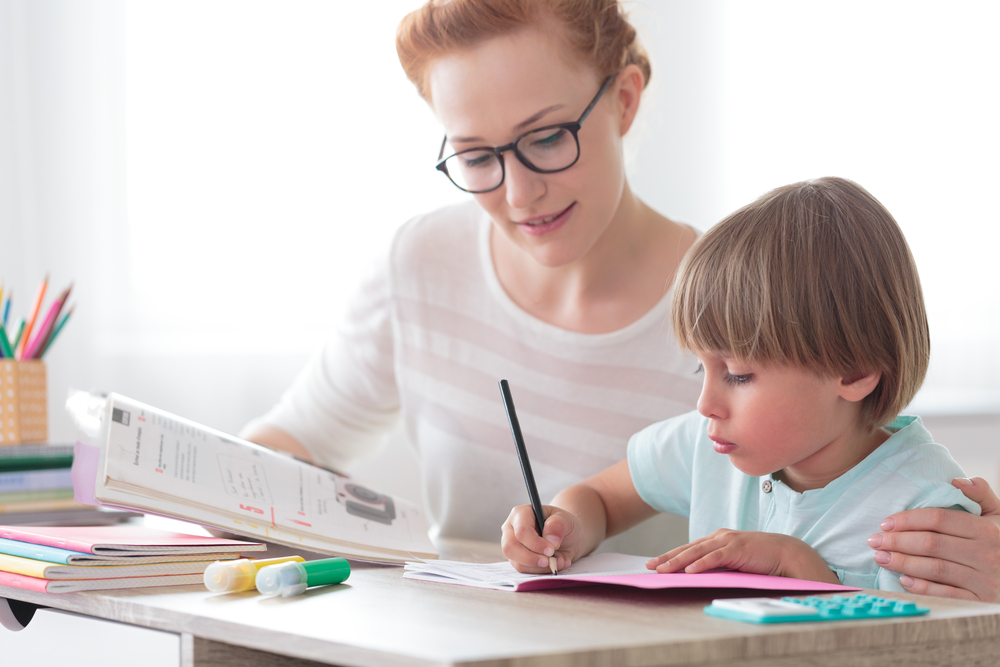
Even if your child is early in his or her writing development, help your child to form ideas about the stories you read. For younger children, allow him or her to dictate their thoughts to you while you write them down in a journal or notebook. Keep a daily journal of story thoughts and questions. This type of modelling helps kids understand how words and sentences are constructed while forging a connectedness between reading and writing.
Make Personal Connections and Activate Prior Knowledge
It’s important to engage your child in the world of the book to develop a healthy love and interest for reading. When kids make personal text-to-self connections, not only are they practicing reading comprehension and critical thinking skills, but they’re enjoying what they’re reading. One way to do this might be encouraging your child to draw pictures that represent elements from the book they’re reading. Illustrations help children express their interpretations and emotions while thinking more deeply about the text.
Be sure to activate prior knowledge by making personal connections that call back to an event, memory, or knowledge your child might remember. This helps to solidify the connection between reading and real life, giving kids a sense of purpose for reading while piquing their interests.
Make Sure They Know Letters and Sounds
This might seem obvious, but once kids understand that the print on the page translates to words and sentences, learning letters and letter sounds is a vital step necessary for kids to begin decoding words.
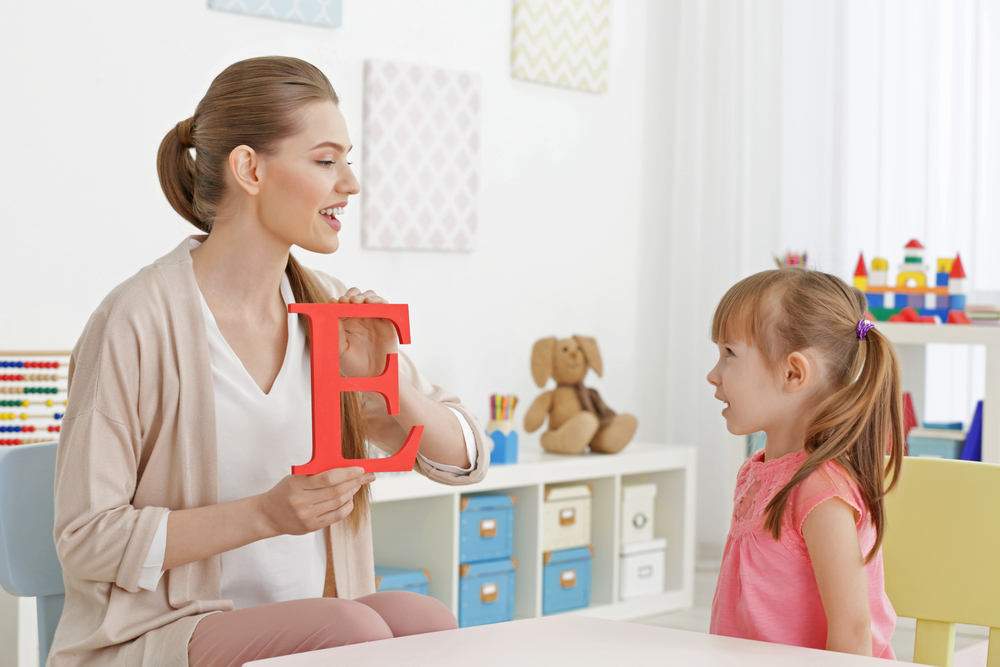
While most parents have practiced the ABC’s with their kids since infanthood, children need to understand the sound each letter makes. Search online for phonics readers and select books that focus on this important skill. Use flashcards, or find quality phonics research on the Kids Academy website!
Make some Books
Another great way to promote early literacy is to engage in the very last step of the writing process- publishing! Help your child create children’s books together using simple supplies. Even construction paper and a stapler will work, but encourage your child to personalize their book as much as they can. Help your child think of a story they would like to write, and act as a scribe to write it all down.
Plan out the illustrations and put it all together in a way that makes your child proud. Watch with joy as he or she reads their very own book to family or friends! During the process, be rest assured that your child is making literacy gains while forming a solid love and appreciation for reading and writing.
It’s clear that a parent is every child’s most important teacher. When a child enters kindergarten academically behind their peers, they play a constant and never-ending game of “catch-up”. Luckily parents, together with preschool programs and teachers, can work together to ensure that kids develop the skills they need for lifelong success.



.jpg)
